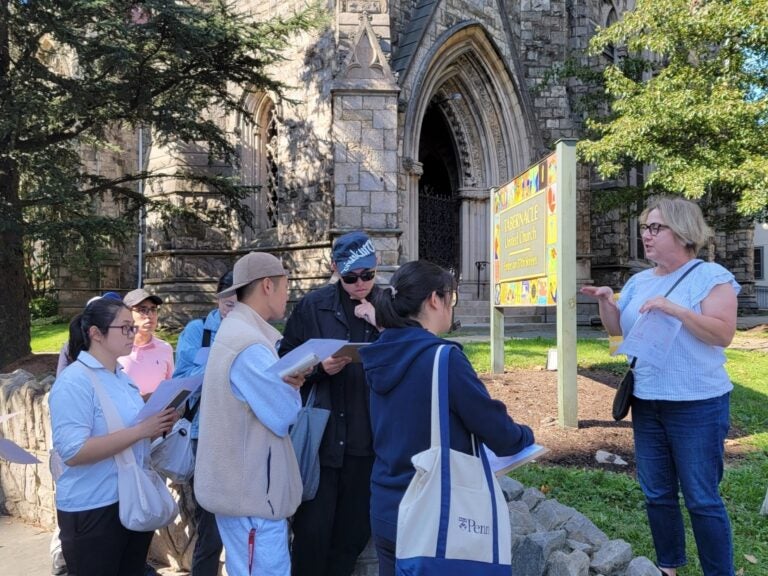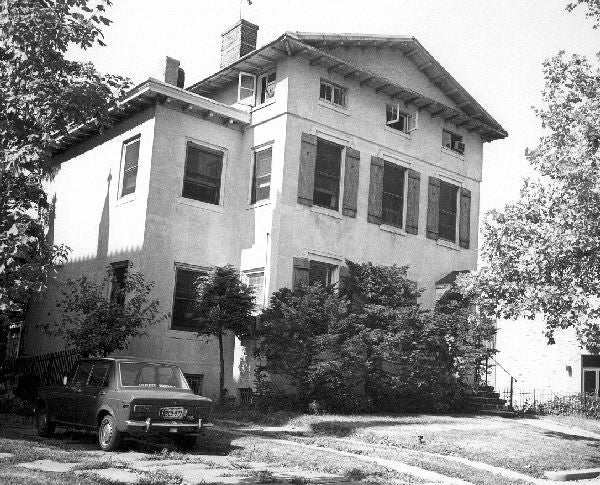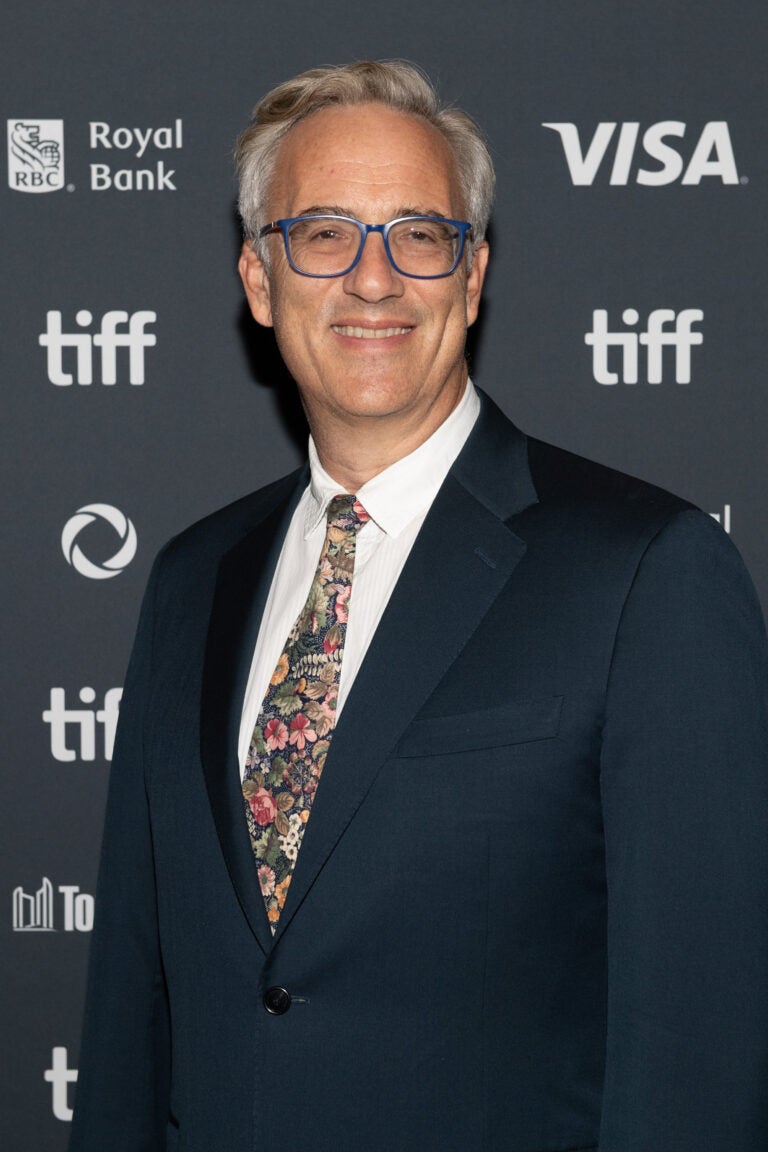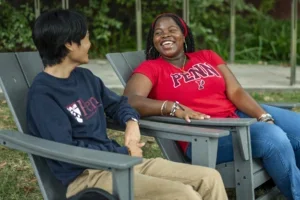The Daily Pennsylvanian meets with four faculty members teaching Black studies in unique and innovative ways.
76 years ago, associate professor William Fontaine became Penn’s first Black faculty member. A philosophy scholar and an important authority on Black culture, he was one of the few Black faculty members at Penn and the only Black philosopher in the Ivy League. He traveled around the globe to discuss Pan-African issues, but his largest impact may be on the students he taught in his two decades at Penn — winning the University’s only award for teaching in 1958 after being named “Lecturer of the Year.”
In the following decades, much has changed. In 2022, 10.2% of Penn’s standing faculty identified as underrepresented minorities, and 38% of students identified as non-white. The University has also increased the hired faculty and unique courses offered in departments like Africana Studies and History, building a network for students and professors to study Black life and culture.
In the past month, as the University scrubs references to diversity, equity, and inclusion, Penn’s faculty and staff have remained committed to teaching their complex and diverse lessons. Here are the stories of four Penn faculty members who are teaching Black history, culture, and identity in innovative ways.
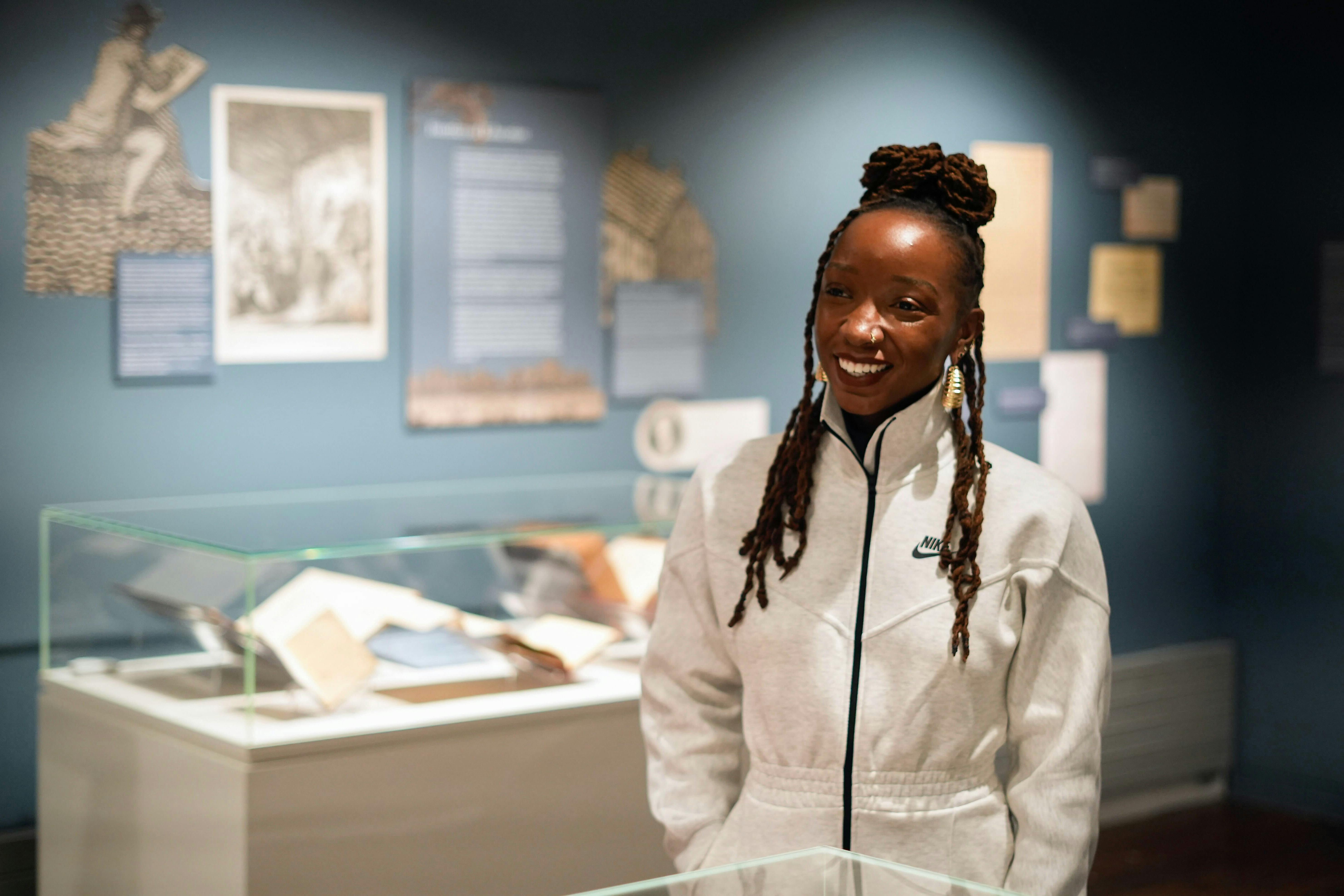
Breanna Moore, History Ph.D. Candidate and Fontaine Fellow
To honor Fontaine’s legacy, a fellowship was established in 1970 to support underrepresented graduate students in their studies at Penn. Ph.D. candidate Breanna Moore is one of those fellows.
In her time as an undergraduate and graduate student at Penn, Moore has used multimedia displays to disseminate history, such as developing an exhibit on the Penn & Slavery Project’s augmented reality tour. She currently teaches HIST 2162: “Beyond 40 Acres and a Mule: The History & Practice of Reparations in the African Diaspora” — an ABCS course focused on reparatory and racial justice. This course, she says, interrogates critical questions, asking, “How did enslaved people and their descendants conceptualize reparations? What strategies do they employ to achieve reparations? How do present-day movements for reparations seek to address historic harms?”
In the classroom, Moore challenges her students to see the intersection of history and activism.
“This is an action-oriented course that explores the root of reparations, which is repair,” Moore said.
In her dissertation, researching Britain’s indemnities during the abolition of the transatlantic slave trade, she found that the period “doesn’t get a lot of attention.” In her course, she said she aims to bring forward the conversation about who has been compensated for the legacies of slavery and who hasn’t.
“I was inspired to create this course because of my passion for history and learning about the struggles of people of African descent who were impacted by transatlantic trafficking in African people and the institution of slavery,” she said. “I wish that I had the opportunity to take a course on reparations when I was an undergraduate.”
As a consultant for the New Jersey Reparations Council and former co-chair of the Philadelphia Reparations Task Force — among many other leadership roles and fellowships — she has played a key role in reparations organizing. She has also advised Georgia state lawmakers and the United Nations on reparations policy.
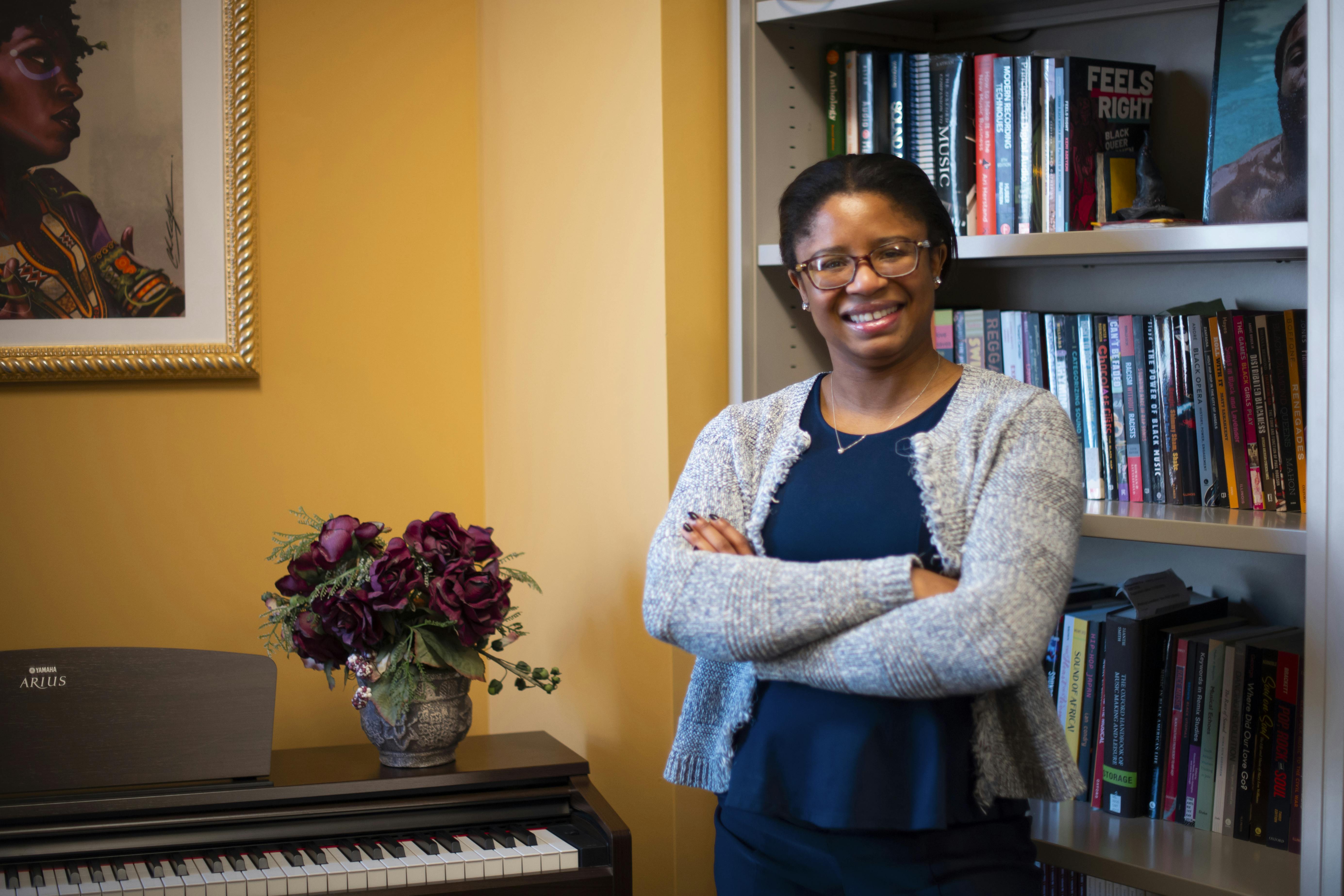 Jasmine Henry, Assistant Professor in Music
Jasmine Henry, Assistant Professor in Music
One of Gregory College House’s faculty fellows, Jasmine Henry said the students she meets shape her courses. She’s currently teaching MUSC 3440: “Black Music and Sports,” a curriculum she built after noticing a scholarly gap in the field of Black music studies.
“I wanted to be inclusive but also expansive in thinking about [music and sports],” Henry said. “It does connect with the past, but a lot of it lives in contemporary moments, too.”
According to Henry, when she was designing the course, she aligned her syllabi with events happening during the spring semester. such as the Grammys, the NCAA football playoffs, and the Super Bowl.
“These are national moments and platforms that say a lot about where we are at any given cultural moment,” Henry said. “We had a ton of fun after the Super Bowl unpacking Kendrick Lamar’s performance, and it was amazing to see just how many of the themes we already discussed — nationalism, patriotism, race, gender, spectacle — were represented in that performance.”
Henry said one of the best parts of the course is the conversations it sparks among her students, friends, and family. She said the intersection of Black music and sports exists in many “big moments” that people are already aware about — such as Jesse Owens, Jackie Robinson, Ella Fitzgerald, or Billie Holiday — which allows her course to connect to the “social and cultural histories in the country.”
“One of the big things is how Black music and Black sports have been some of the most high profile arenas where people have broken through the color line in this country,” she said. “Those are some of the first places of integration in the United States. I think they’re so relatable, and they resonate so much together because of that very history.”
Looking broader, Henry said she believes the network of students, faculty, and cultural clubs on campus keeps Black studies unique and vibrant at Penn, with a wide range of courses and topics.
“There exists a really strong community that a lot of these programs and courses are grounded in, and it’s almost a community that can stand on its own right,” Henry said. “It has its own priorities and principles, but also still has visibility and impact in the broader university … Black studies and courses on Black issues might not be at the center of Penn, but there is support for it, and there’s community for it.”




